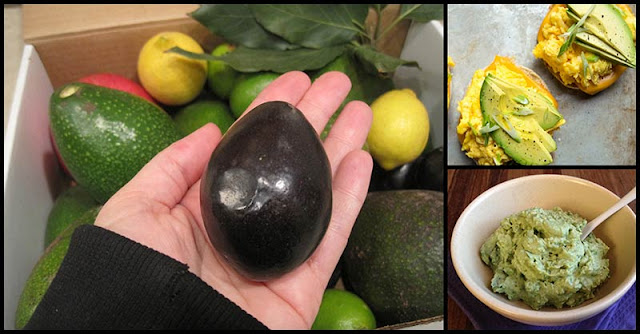Avocado is popularly known around the world. They are stone fruit with creamy textures that grow in warm climates. Avocado is a good source of potassium and healthy fats.
Its fruits are used to stimulate menstrual flow, decrease hunger, lower cholesterol levels, and to increase sexual desire. On the other hand, its leaves, bark, and seeds are used for diarrhea and dysentery. You can also use avocado oil as a remedy for your skin issues, gum infections, and arthritis.
One serving (one-fifth of an avocado, approximately 40 grams) contains the following:
- 3.4 grams of carbohydrate
- 64 calories
- almost 3 grams of fiber
- almost 6 grams of fat
- less than a gram of sugar
Moreover, avocados are also rich in vitamins C, E, B-6, and K, folate, magnesium, potassium, riboflavin, niacin, and pantothenic acid. It also contains omega-3 fatty acids, lutein, and beta-carotene
Healthy and beneficial fats are also present in avocados. Consuming these fats make you feel full and satiated. Furthermore, it also supports skin health, helps boost the immune system, and enhances the absorption of fat-soluble vitamins, minerals, and other nutrients.
Due to the impressive nutritional value of avocados, it is often referred to as the healthiest food.
As compared to bananas, avocado contains more potassium. It has 14% potassium whereas banana only has 10%.
Avocados contain a natural plant sterol called beta-sitosterol, which according to studies can help maintain healthy cholesterol levels.
Avocados have 23% folate, which is essential in the prevention of birth defects such as spinal bifida and neural tube defect.
Avocados contain phytochemicals (lutein and zeaxanthin) that provide antioxidant protection in the eyes to help minimize damage and protect against macular degeneration and cataracts.
Half of the avocado provides about 25% of the daily needed intake of vitamin K. A diet with enough amount of vitamin K can help increase calcium absorption and reduce urinary excretion of calcium.
Avocados have 23% folate. According to studies, adequate intake of folate from food has shown to protect against stomach, colon, cervical, and pancreatic cancers. Researchers believed that folate protects against undesirable mutations in DNA and RNA during cell division.
Due to its high amounts of fiber which is approximately 6-7 grams per half fruit, avocados can help you feel fuller, thereby can potentially help with weight loss. Also, fiber steadies blood sugar, can lower your risks of developing hypertension, stroke, coronary heart diseases, obesity, diabetes; and promotes regular bowel movements, which are necessary for the daily excretion of toxins through the bile and stool.
Lastly, avocados have the highest concentrations of L-glutathione, which is also known as the “master antioxidant.” It supports healthy inflammation and gut health. Aside from this, it also detoxifies the body of pollutants and other toxins and protects cells against free radical damage.









